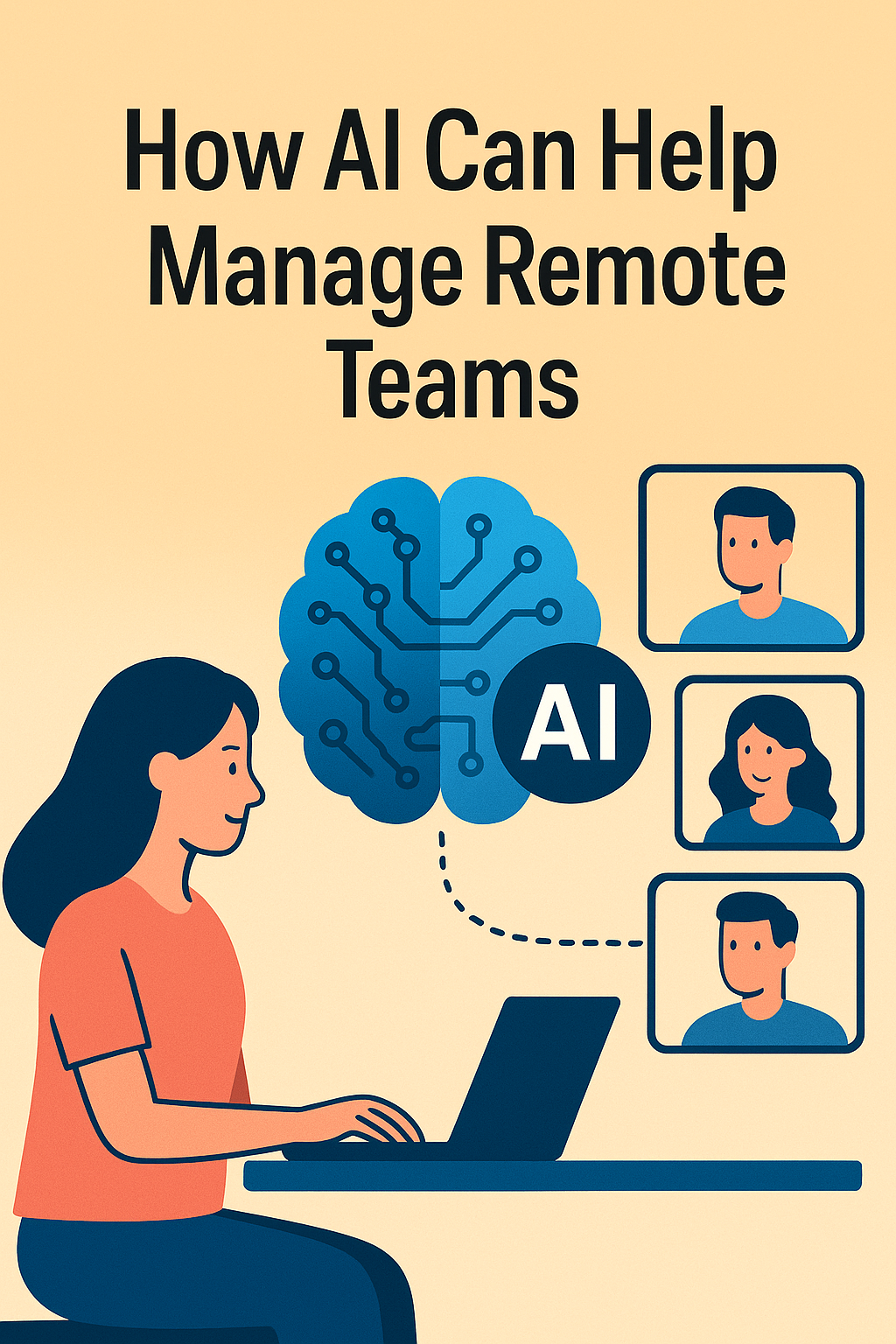Using AI to Plan Your Daily Schedule
Time management is one of the biggest challenges in modern life. Between work, personal responsibilities, and unexpected interruptions, it’s easy to feel like there aren’t enough hours in the day. Artificial Intelligence (AI) offers powerful solutions to help you plan smarter, reduce stress, and make the most of your time.
In this article, we’ll explore how AI can help you design an efficient daily schedule that balances productivity with personal well-being.
Why Scheduling Matters
A well-structured schedule provides:
- Clarity on priorities.
- Reduced decision fatigue.
- Better work-life balance.
- Improved productivity.
The problem is that traditional scheduling requires constant updates and discipline. AI solves this by automating much of the process.
1. Smart Calendar Management
AI-powered calendar apps such as Motion or Reclaim don’t just record events—they actively manage your time.
What they can do:
- Automatically reschedule tasks when something urgent comes up.
- Suggest optimal meeting times based on availability.
- Block focus time for deep work.
This means less time spent adjusting your calendar and more time actually working.
2. Task Prioritization with AI
Not all tasks are equally important. AI tools can analyze your deadlines, workload, and even past habits to prioritize tasks intelligently.
For example, if you always delay writing reports, the AI might schedule them earlier in the day when your focus is stronger.
3. Personalized Routines
AI assistants learn from your habits and suggest routines that match your lifestyle. For instance:
- Noticing you’re most creative in the morning and reserving that time for brainstorming.
- Scheduling easier tasks in the afternoon when energy levels drop.
- Encourag
This creates a rhythm that feels natural instead of forced.
4. Avoiding Overbooked Days
Overloading your day is a common mistake. AI systems can detect when your schedule is too full and either spread tasks across the week or recommend delegating.
This helps you avoid burnout and keeps energy levels steady.
5. Adaptive Flexibility
Life is unpredictable. AI calendars adapt to last-minute changes by:
- Instantly rearranging tasks when a meeting runs long.
- Rescheduling low-priority items to another day.
- Sending reminders so nothing is forgotten.
This flexibility ensures you stay organized without stress.
6. Reducing Decision Fatigue
Deciding what to do next consumes mental energy. AI eliminates this by giving you a clear, optimized schedule each morning.
Instead of guessing, you simply follow the plan.
7. Integration with Daily Apps
AI scheduling tools often integrate with other apps like email, Slack, or project management software. This means your schedule updates automatically based on new assignments, messages, or events.
8. Creating Balance Between Work and Life
AI doesn’t just focus on work tasks. It can also:
- Schedule time for exercise.
- Suggest moments for relaxation or hobbies.
- Ensure personal commitments are not overlooked.
This creates a healthier balance and prevents burnout.
9. Voice Commands for Easy Updates
With AI assistants like Google Assistant, Siri, or Alexa, you can update your schedule hands-free. Saying “Add a meeting with Sarah at 3 p.m.” instantly adds it to your calendar, keeping your routine frictionless.
10. Continuous Learning and Improvement
AI improves over time. As it learns your preferences, it becomes better at predicting how long tasks take, when you’re most productive, and how to arrange your day for maximum efficiency.
Example of an AI-Optimized Day
Here’s what an AI-generated schedule might look like:
- 8:00 a.m. – Focus work (writing/reporting).
- 10:00 a.m. – Quick team check-in.
- 10:30 a.m. – Emails and admin tasks.
- 11:30 a.m. – Deep work (creative tasks).
- 1:00 p.m. – Lunch and short break.
- 2:00 p.m. – Meetings.
- 4:00 p.m. – Light tasks or follow-ups.
- 5:30 p.m. – Exercise or relaxation.
Notice the balance between focus, collaboration, and rest.
Final Thoughts
AI isn’t just about technology—it’s about creating more meaningful days. By automating scheduling, prioritizing tasks, and adapting to life’s changes, AI helps you spend less time worrying about your calendar and more time achieving your goals.
With the right AI tools, your schedule can become a source of clarity, not stress.




Post Comment